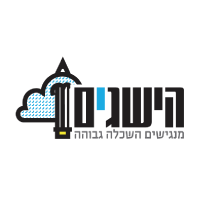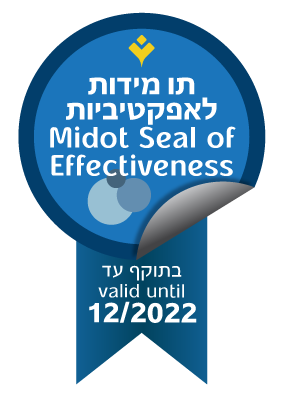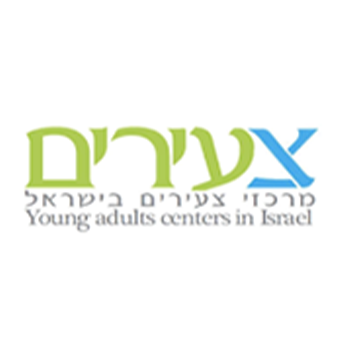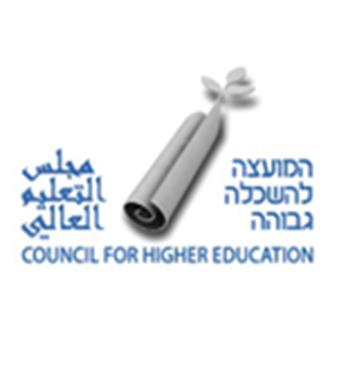Hesegim

Hesegim is a national program sponsored by the Council for Higher Education of Israel that strives to make higher education more accessible to people from Israel’s social and geographical periphery. The program was launched in 2002 due to the significant gaps identified between the percentages of young adults from localities with a stronger socio-economical population and of their peers from more struggling communities who pursue undergraduate studies, which are crucial for economic and social mobility. The program is run by coordinators in 36 localities throughout Israel, from Kiryat Shmona in the north to Eilat in the south, who work with thousands of young adults each year and help them decide whether to begin undergraduate studies, what to study, and where. These coordinators provide consultations and individual support as students begin this academic stage in their lives. As knowledgeable sources of information, they organize events in which they present different tracks, special programs, and scholarships, and offer workshops to help potential students develop the skills they need to succeed in their academic studies. In addition to the work done in specific localities, the program strives to raise general awareness of the importance of higher education and to remove the obstacles that make academic studies less accessible to people from the periphery.
Objectives
The program in numbers

In the summer of 2019, we established the ultra-orthodox branch of Hesegim in order to expand the program into relevant communities. The program strives to expose young adults from this sector to the importance and possibility of pursuing academic degrees, and to address the need for personalized, professional guidance for young adults interested in obtaining a higher education. This branch of the program focuses on the unique obstacles encountered by young adults in these communities, and on the special programs available that meet many of their needs. Our coordinators provide reliable, accurate information on higher education for the ultra-orthodox community, and specialize in assisting these candidates in finding a suitable program and environment.






